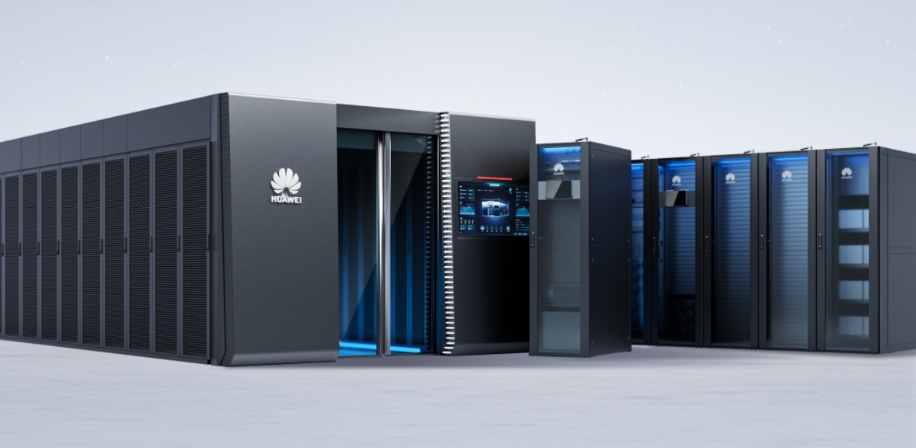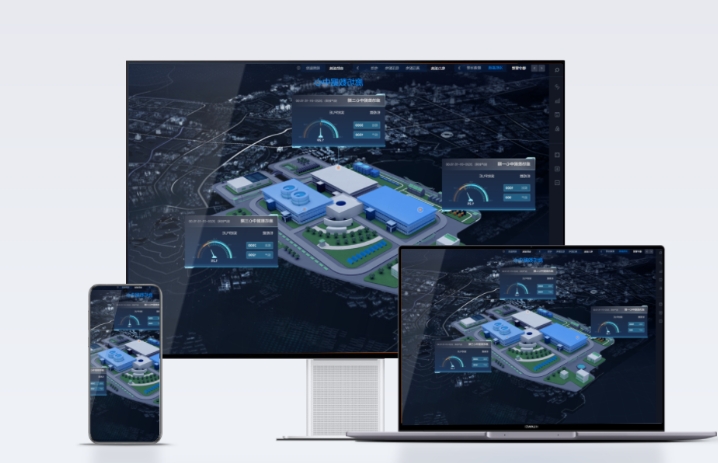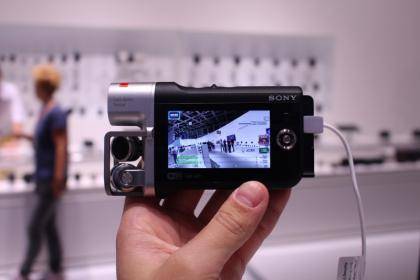Data centers serve as the foundation of modern digital infrastructure, ensuring seamless operation of critical IT equipment. A crucial component in maintaining efficiency and reliability within these facilities is the Power Distribution Unit (PDU). PDUs manage and distribute electrical power, preventing overloads and optimizing energy usage to support uninterrupted operations. This article will explore the different types of PDUs, their key components, and their role in enhancing efficiency and scalability within data centers. Whether managing a small server room or a large-scale data center, understanding PDUs is essential for ensuring operational reliability and planning for future growth.

What Are Power Distribution Units (PDUs)?
Definition and Purpose of PDUs
Power Distribution Units (PDUs) are essential devices that allocate electrical power to servers, networking equipment, and other components in a data center. Their primary purpose is to ensure a stable and balanced power supply, reducing the risk of power surges and failures. PDUs also help data center managers regulate power distribution efficiently, preventing overloads and protecting sensitive electronics. By providing a centralized power management solution, PDUs enhance operational stability and contribute to the overall energy efficiency of the facility.
Types of Power Distribution Units (PDUs)
PDUs come in several types, each designed for specific data center requirements. Basic PDUs offer straightforward power distribution without monitoring capabilities, making them suitable for simpler setups. Intelligent PDUs provide remote monitoring, real-time power metering, and environmental sensors, helping administrators optimize energy usage. Rack-mounted PDUs are installed within server racks to streamline power distribution, while floor-mounted PDUs cater to larger infrastructure needs. These variations allow data centers to choose the best PDU type based on their power management and operational demands.
Components of a PDU
A PDU consists of several critical components that facilitate efficient power distribution. Circuit breakers protect equipment from electrical overloads and faults, ensuring operational safety. Input and output power connections link the PDU to power sources and connected devices, maintaining steady power flow. Monitoring interfaces provide real-time power consumption data, allowing administrators to track usage and improve efficiency. Advanced PDUs may also feature environmental sensors that monitor factors like temperature and humidity, helping prevent overheating and ensuring optimal operating conditions.
Role of PDUs in Ensuring Data Center Efficiency
Load Balancing and Power Management
Effective load balancing is crucial in a data center, and PDUs help distribute power evenly across all connected devices. This prevents localized power overloads, reducing the risk of outages and equipment damage. By efficiently managing power allocation, PDUs ensure that each device receives adequate electricity without excessive strain on the system. This contributes to overall power stability, prolongs the lifespan of IT equipment, and enhances operational reliability, making power management a key factor in data center efficiency.
Monitoring and Real-Time Data Collection
Modern PDUs equipped with intelligent monitoring features allow data center administrators to track power consumption in real time. These systems provide insights into energy usage patterns, helping identify inefficiencies and implement corrective actions. Remote access capabilities enable administrators to monitor power distribution from any location, ensuring timely responses to potential issues. By leveraging real-time data, organizations can optimize energy consumption, prevent power-related failures, and improve overall data center performance.
Reducing Power Wastage and Energy Costs
PDUs play a significant role in reducing energy wastage and minimizing operational costs. By continuously tracking power consumption, administrators can identify underutilized or inefficient equipment and make necessary adjustments. Intelligent PDUs help optimize energy distribution, preventing unnecessary power draw and reducing overall consumption. This results in lower electricity bills and a more sustainable data center operation. Implementing energy-efficient PDUs also supports corporate sustainability goals, contributing to greener and more cost-effective infrastructure management.
PDUs and Data Center Scalability
Supporting Expansion and High-Density Loads
As data centers expand, they require scalable power solutions to accommodate increasing numbers of servers and devices. PDUs facilitate seamless expansion by providing flexible power distribution options that adapt to growing infrastructure needs. High-density PDUs support advanced computing environments, ensuring efficient power management for larger workloads. By maintaining a stable and scalable power distribution network, PDUs help data centers grow without compromising performance, uptime, or reliability.
Modular Design and Flexibility
Many modern PDUs feature a modular design, allowing organizations to customize and scale their power distribution systems as needed. Modular PDUs enable easy component upgrades and adjustments, supporting different power configurations without requiring complete replacements. This flexibility is crucial for adapting to evolving data center demands, ensuring efficient power allocation even as infrastructure requirements change. The ability to integrate new power management technologies also enhances long-term operational efficiency and future-proofing capabilities.
Future-Proofing Power Distribution Solutions
To ensure long-term data center reliability, PDUs must be adaptable to emerging technologies and increasing power demands. Intelligent PDUs equipped with advanced monitoring and remote management capabilities support evolving infrastructure requirements. These PDUs seamlessly integrate with modern energy optimization tools, providing insights that enhance overall efficiency. Investing in scalable and intelligent power distribution solutions helps organizations prepare for future expansions while maintaining a stable and energy-efficient data center environment.

Conclusion
Power Distribution Units (PDUs) are vital components in modern data centers, ensuring reliable power management, efficient energy distribution, and operational scalability. Organizations can optimize power usage, reduce costs, and enhance system reliability by understanding different PDU types, key components, and their role in data center operations. As data centers continue to evolve, investing in intelligent PDUs and scalable solutions becomes essential for maintaining efficiency and preparing for future growth. A well-implemented Data Center Power Supply and Distribution Solution contributes to a sustainable, high-performing, and future-ready data center infrastructure.






Leave a Reply